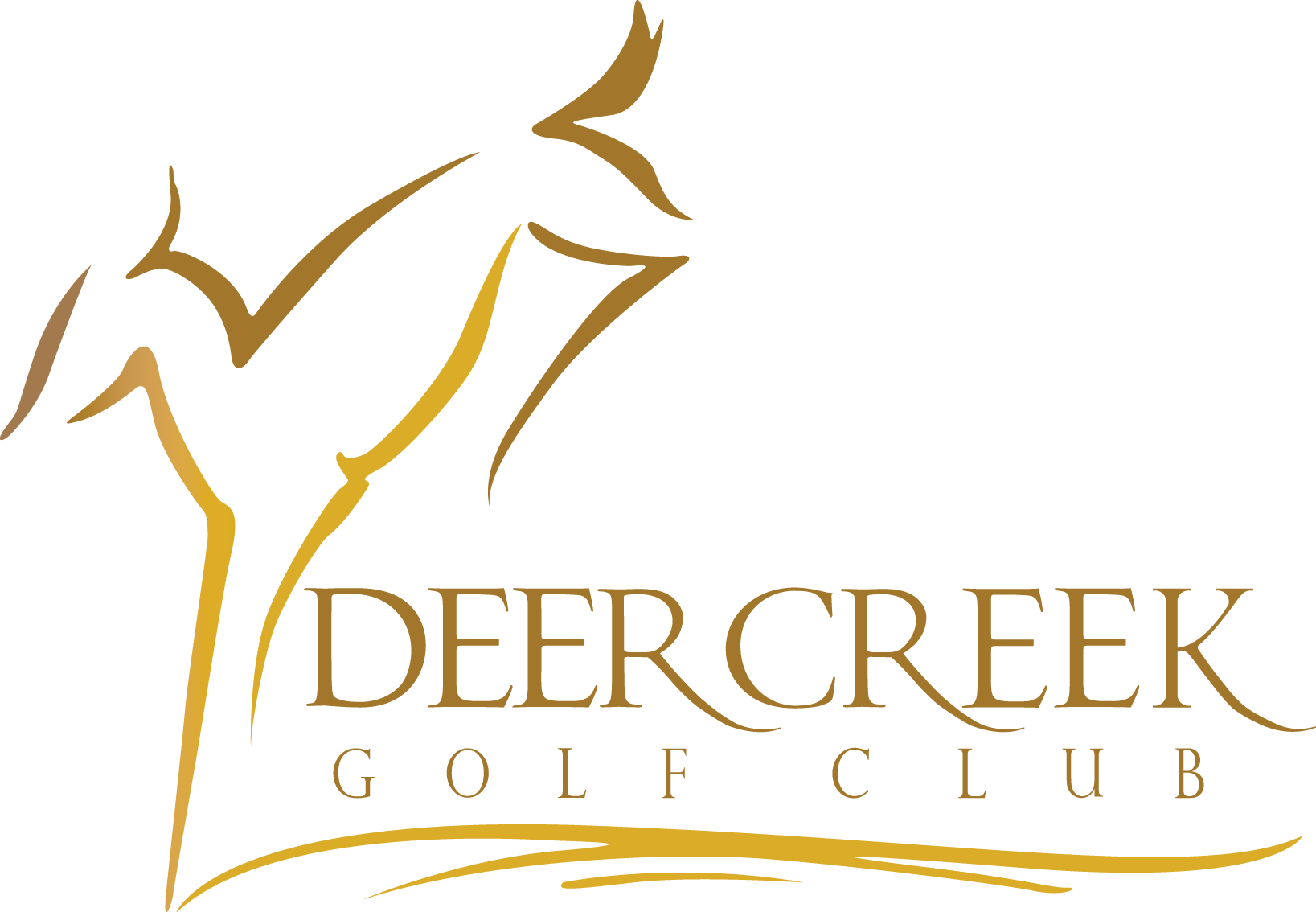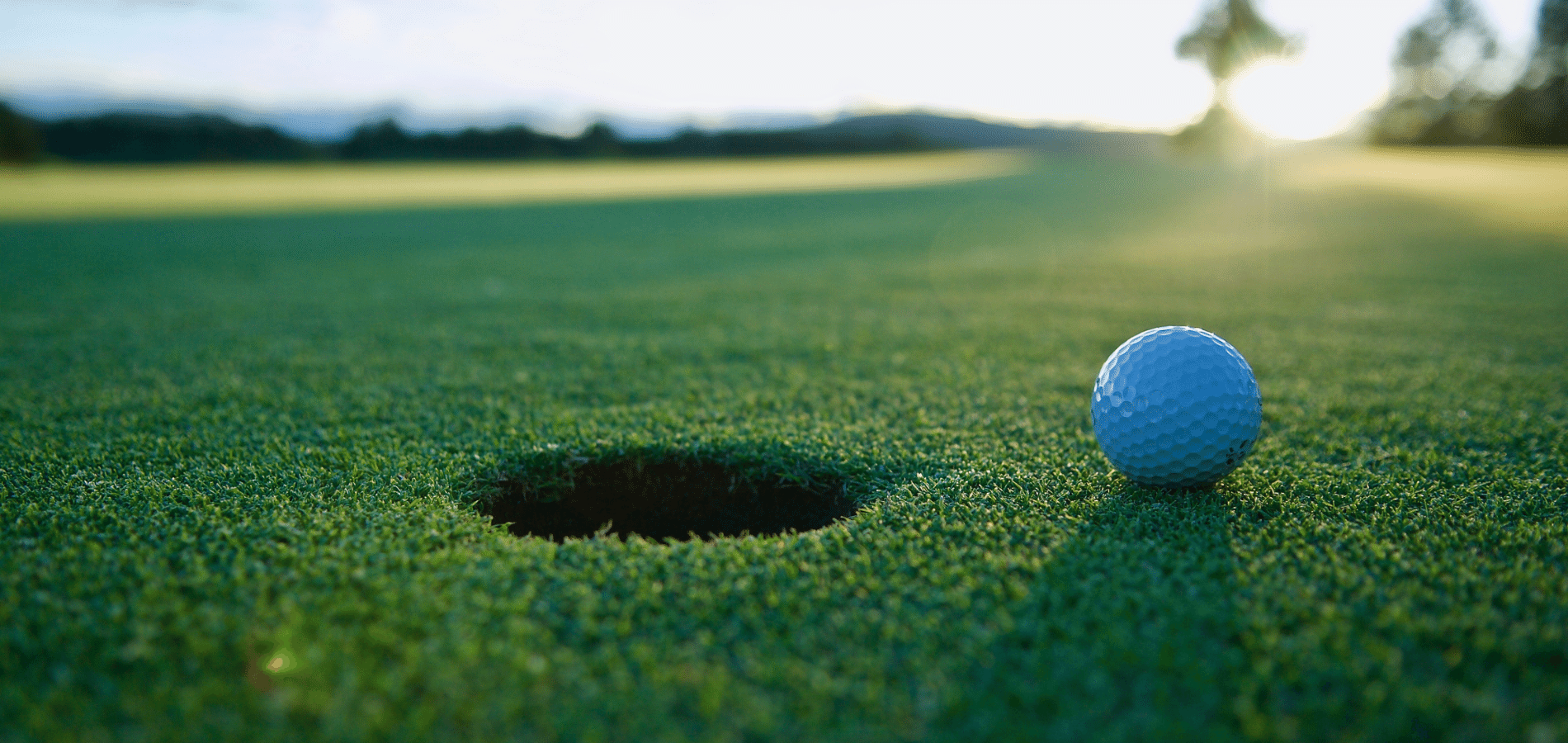Golf is such a beautiful sport. People from different races, cultures, ethnicities, financial or social standing, sexual orientation, and gender identity are all equal once they step on the first tee box. The game reaches many different groups of people, which is why it’s important to remember that no two players are alike. The language and words we use on the golf course can either encourage, motivate, and lift up or hinder, hurt, and humiliate. Words are one of the most powerful tools that we as human beings possess. I have played competitive golf since I was seven years old. During my high school days, I was a four-year member of the Michigan All-State team and went on to play varsity golf during my collegiate years at Holy Cross College at Notre Dame. I was named NAIA Academic All-American my junior and senior years, and our team competed at the NAIA National Championship in 2012.
During those years, I never came out to anyone. Partly because I wasn’t ready, but also that the culture of golf is not always the most welcoming to LGBTQ+ people. Throughout high school and college golf, I can’t begin to recount the times I would hear others on the course say things like, “that’s so gay” “faggot” and “that sucks ****.” Hearing other golfers say these things stirred up feelings of anger. Anger because of the clear sense of ignorance those other golfers had, but also anger toward their parents or coaches that accepted that type of language that sent the subtle reminder that a golf course may not be a safe space for someone in the LGBTQ+ community. This past week, one of the most renowned players in the world had a moment where they fell short of their best and uttered an insulting and contemptuous word for a male homosexual after missing a putt. Homophobic and transphobic words said on the golf course is nothing new, however, the most shocking development was who said it. We all make mistakes, however, we are not exempt from our actions and the words we use. What may not be intended as hurtful or as a joke often has the impact of making people feel unsafe and unwelcome, especially those who are not yet out or comfortable with their sexuality. No one wants to be excluded or targeted.The incident that took place brings up a bigger issue. How can all of us as golfers who love this great game take steps to create a more welcoming space and environment for those within the LGBTQ community? As an openly gay man myself, competitive and casual rounds of golf present challenges. Even recently this past summer playing at a course with some friends, I was asked on the putting green, “Chris, do you have a girlfriend?” And I responded back, “No, but I do have a boyfriend.”I’ve learned to embrace the awkwardness of these exchanges and use them as a learning tool for others. Rather than simply looking at this incident as an opportunity to “cancel” someone, let’s look at it as an opportunity to be a catalyst for change in the game. Our LGBTQ+ community is active and vibrant in the game of golf and wants to help others grow and learn from blemishes like we experienced this past weekend.

